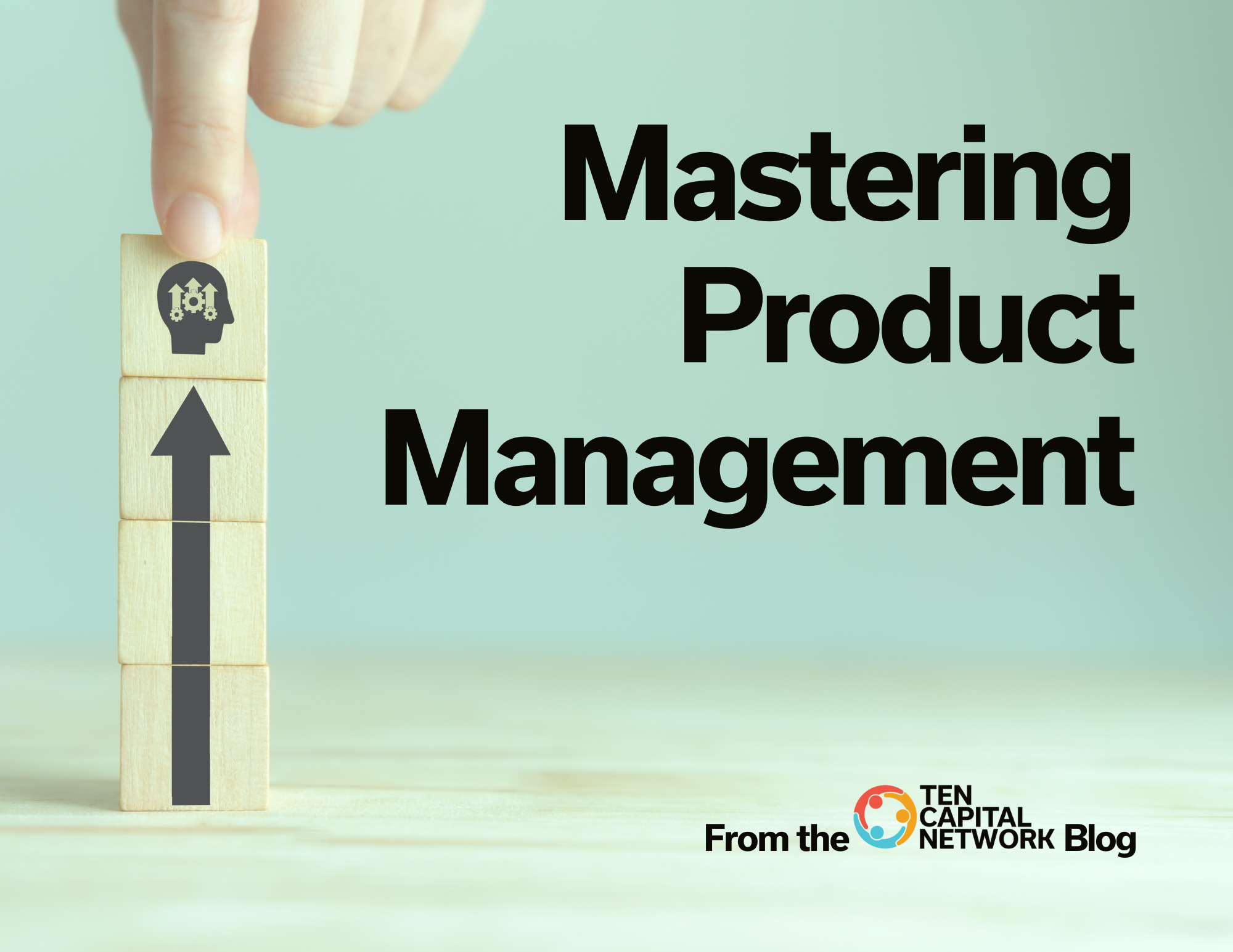1 min read Technical Due Diligence (TDD) is a detailed evaluation of a company’s technical side, including both existing software and hardware products and those in development.
Potential investors need to gather detailed information about a prospective company to highlight any potential risks associated with their investment.
While the Technical Due Diligence process may seem intimidating to some small business owners initially, it is, in fact, a routine step.
If efficiently planned and executed, a TDD should be able to answer investor questions in easy-to-understand terms.
Whether you are a potential investor, or a startup new to the process, the following article provides an insightful take on making the process work.
When embarking on the TDD process, investors typically want to know about 4 major areas:
Strategy: Does the company and its product(s) fit within the investor’s overall growth objectives? Does the company’s own strategy match up with the investors’ strategy?
Quality: Are there quality issues with the company’s product that will require fixing? If product development or fixes are needed, what are the expected costs?
Growth: Is the company or its product poised for growth? What roadblocks would hinder growth in terms of labor, manufacturing, infrastructure, and/or development? Can the product be scaled?
Stability: Are the company founders and their employees in it for the long haul? Are their processes organized and well-documented? Are there contingency plans and redundancies in case of an unforeseen event?
Read more: https://www.startupfundingespresso.com/education/

Hall T. Martin is the founder and CEO of the TEN Capital Network.TEN Capital has been connecting startups with investors for over ten years. You can connect with Hall about fundraising, business growth, and emerging technologies via LinkedIn or email: hallmartin@tencapital.group





